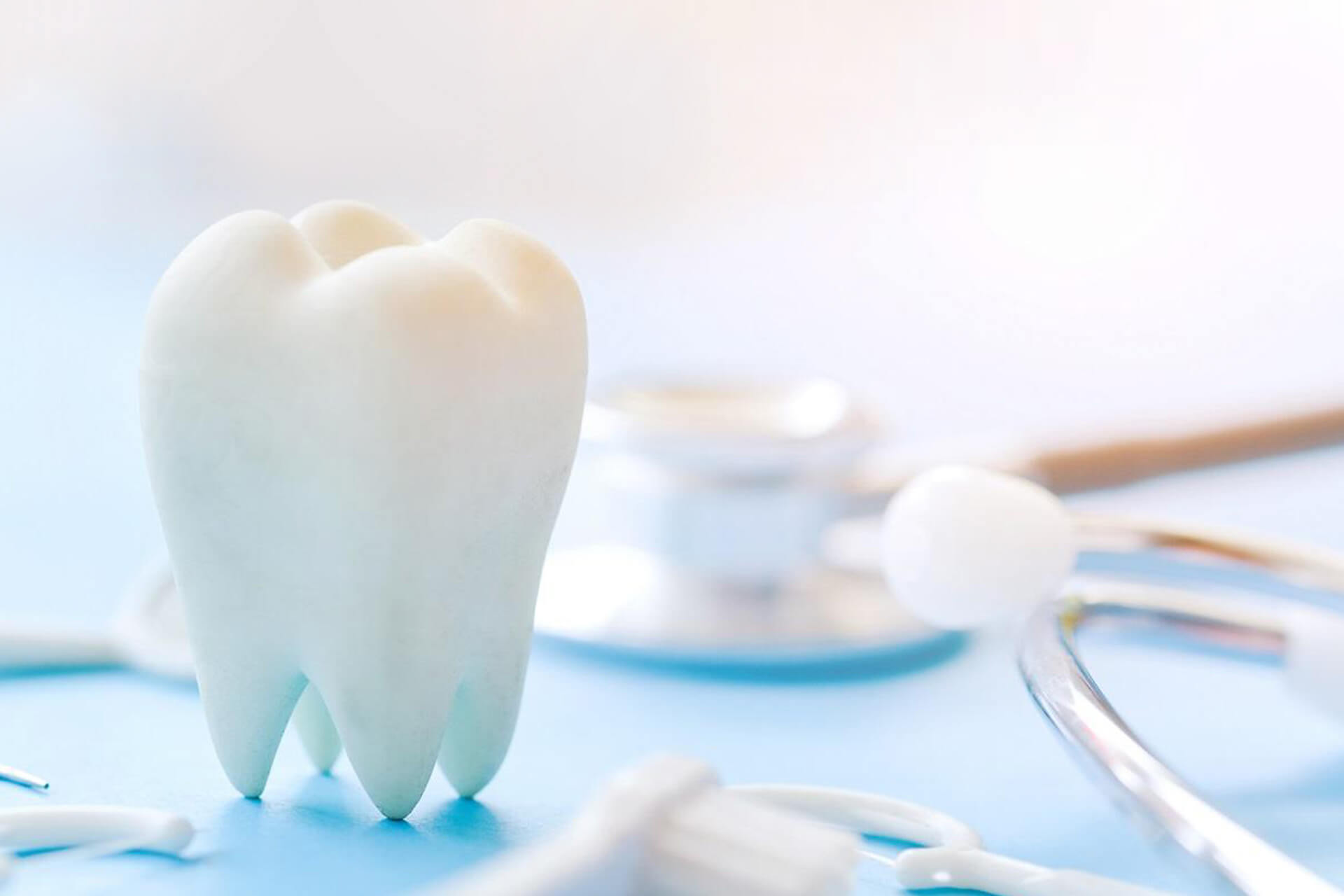
What Causes a Root Canal?

A root canal is a common dental procedure designed to treat infections or damage inside a tooth’s pulp—the soft tissue at its core. If you've ever been advised to get a root canal, you might be wondering why it’s necessary and what leads to such a treatment.
Here’s a guide to the causes of root canal issues and how to address them effectively.
What is a Root Canal?
Before discussing the causes, it’s important to understand what a root canal involves. The procedure aims to remove infected or damaged tissue from the inside of a tooth, which is then cleaned, disinfected, and sealed to restore its function and health. It helps save a natural tooth that might otherwise need extraction due to severe damage or infection.
Common Causes of Root Canal Issues
Several factors can lead to the need for a root canal. Here are some of the most common causes:
Deep Tooth Decay
Tooth decay results from harmful bacteria breaking down the enamel, leading to cavities. If decay progresses deeply enough to reach the tooth’s pulp, it can cause severe pain and infection. Without intervention, the infection can spread, requiring a root canal to remove the damaged tissue and prevent further issues. To avoid decay, maintain good oral hygiene by brushing and flossing regularly and visiting your dentist for routine checkups.
Repeated Dental Procedures
Teeth undergoing multiple dental procedures, such as fillings or crowns, can weaken over time. Each procedure may slightly compromise the tooth's structure, making it more susceptible to infection. In such cases, a root canal may be needed to address any problems with the pulp and preserve the tooth’s function.
Tooth Trauma
Injuries to a tooth, such as cracks or fractures, can expose the pulp to bacteria and lead to infection. Even if a tooth does not show visible damage, internal trauma can still affect the pulp, making a root canal necessary to restore the tooth and prevent further complications.
Severe Gum Disease
Advanced gum disease, known as periodontitis, can damage the tissues and bones supporting your teeth. When gum disease becomes severe, it can compromise the health of the tooth’s pulp, potentially leading to the need for a root canal. Maintaining good oral hygiene and taking prompt treatment for gum disease can help prevent this.
Pulpitis
Pulpitis is the inflammation of the tooth's pulp, often caused by deep decay, trauma, or repeated dental procedures. If pulpitis is not treated early, it can lead to severe pain and infection, requiring a root canal. Early detection and treatment are important for managing pulpitis effectively and preserving your tooth.
Cracked or Broken Tooth
A cracked or broken tooth can expose the pulp to bacteria, leading to infection. Depending on the severity of the damage, a root canal may be needed to treat the infected pulp and save the tooth. Addressing cracks or breaks promptly can prevent the need for more extensive treatments.
Persistent Tooth Pain
Persistent tooth pain that doesn’t subside could be a sign of an infection or damage to the tooth's pulp. Symptoms such as ongoing discomfort while chewing, heightened sensitivity to cold or hot temperatures, and swelling around the affected tooth may suggest that a root canal is necessary. If you notice these symptoms, it’s important to see your dentist to diagnose the issue and decide on the right treatment.
Preventing the Need for a Root Canal
To avoid the risk of needing a root canal, follow these preventive measures:
- Maintain Good Oral Hygiene: Brushing with fluoride toothpaste and flossing can help to remove plaque and prevent tooth decay.
- Visit Your Dentist Regularly: Routine dental checkups can help catch issues early and prevent problems from escalating.
- Avoid Excessive Sugary Foods and Drinks: High sugar consumption can increase the risk of decay, so limit sugary treats and drinks.
- Protect Your Teeth: If you are a sportsperson, playing any kind of sport, or have a habit of grinding your teeth, then always use a mouthguard to prevent the damage.
- Address Dental Issues Promptly: If you see any signs of tooth pain or discomfort, seek dental care promptly to prevent complications.
Conclusion
In summary, understanding the causes of a root canal can help you take proactive steps to protect your teeth. From deep tooth decay and repeated procedures to trauma and gum disease, various factors can lead to the need for a root canal.
Experiencing tooth pain or other dental issues? Schedule a consultation with our expert at Suyog Dental for expert root canal treatment in Mahim. Our professional care can effectively resolve your dental problems and restore your smile, so you can enjoy a pain-free, functional grin.



